
Anselm Adodo is the Director of Africa Centre for Integral…
Read Next
THE IDEA OF THE COMMUNIVERSITY
It is said that humanity is going through the most fertile, creative, productive and fruitful period of history. Contemporary civilization is the highest producer of wealth, affluence, prosperity and ‘development’. Ironically, it is also the producer of the highest pollution, destruction, poverty, hunger, violence, hatred and inequality between humans.
Many ‘developed’ countries are underdeveloped in many ways, while many ‘developing’ countries are really not developing. While the global north is struggling with the adverse effects of overdevelopment, mis-development or mal-development, Africa is struggling with the harmful effects of slow or no development. The north is excessively rich; Africa is excessively poor.
Both poverty and wealth put pressure on the resource bases of the world. The rich contribute to damaging the earth through excessive greed, consumerism and unsustainable lifestyles. The poor also destroy the earth through bush burning, cutting down valuable trees without any plan to replace them, and selling rare animal parts – all in a bid to raise some money to feed themselves and their families. Poverty can be as bad as excessive wealth, and both over-development and under-development are incompatible with sustainable development. Europe and America are well developed – but at a high price.
Agricultural intensification has resulted in biodiversity loss, greenhouse emissions and climate change. In the United States and Canada, individuals release over 10,000 pounds of carbon dioxide (CO2) per person per year. Heating and cooling systems in the US emit over 500 million tons of CO2 into the atmosphere each year. New York alone uses more gasoline in a week than the whole of Africa does in a year. The US state of Texas, with a population of 30 million, emits more CO2 than 93 developing countries added together, with a combined population of nearly one billion people.
University education, as it is presently constituted in Nigeria
Fr. Anselm Adodo
and Africa, is geared towards producing graduates who are job seekers rather than job creators.
China’s GDP has grown by over 10% in the past five years, while India’s has grown by 8-9%. More than 500 million people in China have been lifted out of poverty in the past 25 years. Vietnam’s GDP has grown more than 8% per year for the past three years. In 1976, Malaysia’s poverty rate was 50% (same as Nigeria). Today, it is said to be less than 5%. In 1993, Vietnam’s poverty level was nearly 60% (the same as Nigeria); now it is under 20%. Economists project that if current trends continue, Asian’s portion of global GDP will rise from 30% today to 50% by 2040.
However, Asia’s growth has also come at a price. Asia is in danger of losing up to 75% of its forests and 40% of its biodiversity this century. Already, in the past 25 years, Asia has lost half of its forests, degraded one-third of its agricultural land, and become home to 13 of the world’s 15 most-polluted cities. As India’s middle-class families have increased in number and wealth, this has caused an increase in demand for foodstuffs, and the country’s agricultural production capacity can’t meet the demand. Similar trends are taking place in Indonesia, the Philippines, Vietnam and Brazil.
Looking at Africa, what is obvious is not the growth of basic and mature engineering, automation, post-harvest preservation, food processing and packaging technologies, infrastructural developments, social amenities, oil management technology and water technology – all of which are vital for poverty eradication. Instead, what is evident is the spread of religious dogma, extraordinary sprouting of churches, Pentecostalism and piety, which demands unquestioning submission to revealed ‘truths’ and discourages reason, dissidence and logic.
Excessive religionism and spiritualism may be one of the greatest obstacles to the progress of African nations. And the most significant challenge facing Africa today may well be her ability to cultivate a mindset that is steeped in chemistry, mathematics and physics while still maintaining a reasonable and balanced approach to religion. Development here refers to the ability of nations to order the society in such a way that there is stability and security, and basic amenities such as water, housing and energy.
Many African nations are yet to upgrade, renew and evolve their knowledge bases. They find a lazy and easy excuse in referring to times past, ‘the good old days’, to ancient ways of life that are not compatible with modern realities. Others blame colonialism, capitalism, civilization or modernity. It is true that we Africans were once enslaved. It is true that some capitalist foreigners invaded our land and ruled over us, and exploited our natural resources for selfish gains. But were we the only race that was colonized?
Much of African culture is backwards-looking and static, and this is keeping over 70% of Africans in poverty. It lacks innovation and dynamism, and projects culture as a static, unchangeable way of life rather than an evolving and changing interaction of intelligent beings in society, thereby widening the gap between the African continent and the rest of the world.
African universities and centers of learning are filled with professors and ‘scholars’ who are not able to update their knowledge bases. They can only see the world as they were taught as students. They are not ready to go beyond their doctoral and master theses, and hold on to the same old ideas of 30, 40 years ago. While there has been a rapid, breathtaking technological innovation in medicine, for example, there has not been a corresponding change in the medical curriculum in Nigerian universities. A course in business administration is done the same way as it is done in, say, an American university as if the student is an American. A law curriculum is arranged in such a way that pre-eminence is given to the study of laws that originated in Europe.
Higher technical education is increasingly recognized as critical to development, especially with growing awareness of the role of science, technology and innovation in economic growth. Universities and research institutions are well placed to aid development through their involvement with the local business industry and society. Universities and institutions in developing countries can aid development by focusing some of their technical training on specific development needs. Nigerian polytechnics were established precisely to meet the demand for specialized training in various fields of expertise in order to hasten development. Unfortunately, the craze for university degrees and the prestige of being labeled a university graduate often makes polytechnic graduates feel inferior and less valued.
It is very important that universities in Africa focus on encouraging innovation and concentrate on building entrepreneurial skills among students to help them develop the capacity to transform ideas into business proposals and actual products and services; otherwise, these universities remain mere ivory towers with no impact on societal transformation.
University education, as it is presently constituted in Nigeria and Africa, is geared towards producing graduates who are job seekers rather than job creators. Universities also need to integrate with their local communities and help to promote local economic transformation. The aim of such a new movement of the formal education system, which I call a communiversity, is to produce entrepreneurial graduates who are likely to generate jobs in their communities while adding to the growth of the economy. Such communiversities consciously recognize and transcend the embedded dichotomies in the conventional mode of knowledge creation. They are the future of education in Africa and the world.
Subscribe now for updates from Msingi Afrika Magazine!
Receive notifications about new issues, products and offers.
What's Your Reaction?
 PIN IT
PIN ITAnselm Adodo is the Director of Africa Centre for Integral Research and Development, Nigeria and founder of Arica's foremost herbal research Institute, the Pax Herbal Clinic and Research Laboratories (Paxherbals). His research interest is Phytomedicine, Taxonomy of African medicinal plants, indigenous knowledge systems, rural community development, Africanized economic models, health policy reform, and education transformation in Africa. Apart from publications in journals, magazines, national dailies and peer-reviewed journals, Anselm has written more than ten books. He is an adjunct visiting lecturer at the Institute of African Studies, University of Ibadan, Nigeria, an Adjunct Research Fellow of the Nigerian Institute of Medical Research, a Fellow of the Nigerian Society of Botanists, a Research Associate at the University of Johannesburg, South Africa, and an adjunct professor at Morehouse School of Medicine, Atlanta, Georgia, USA.














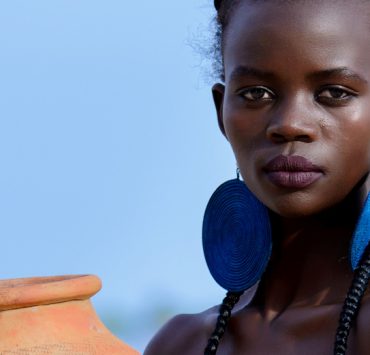

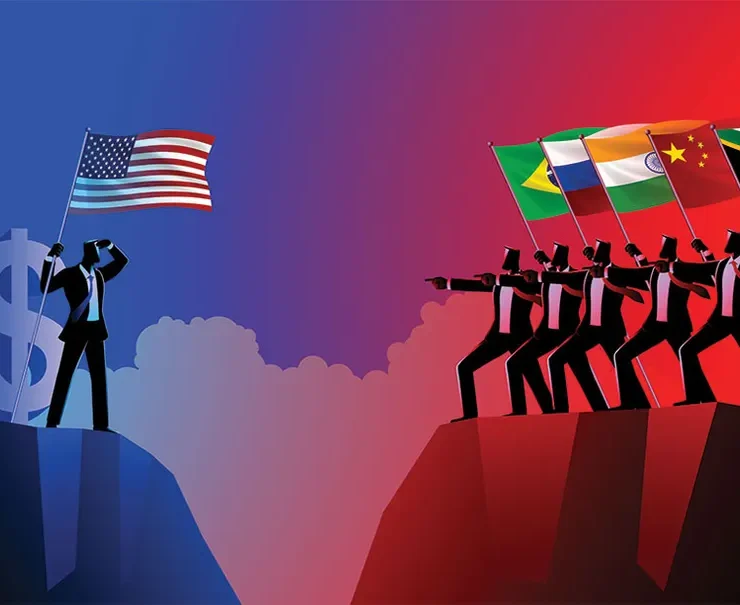
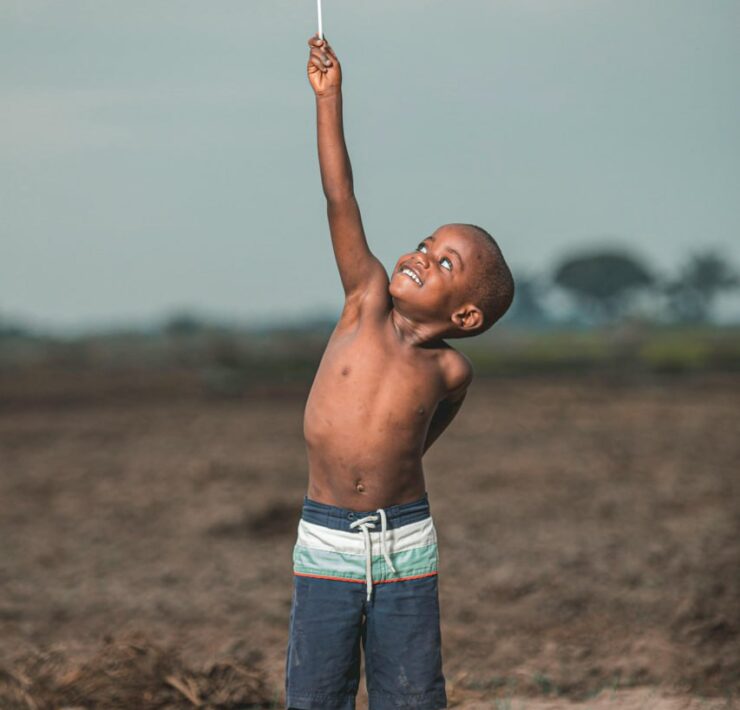


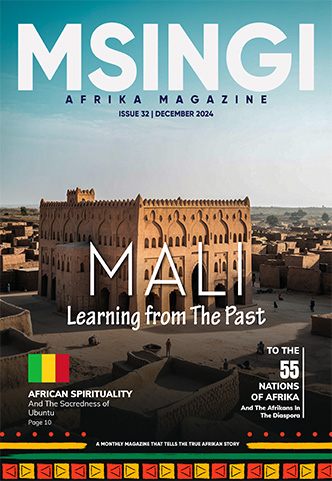
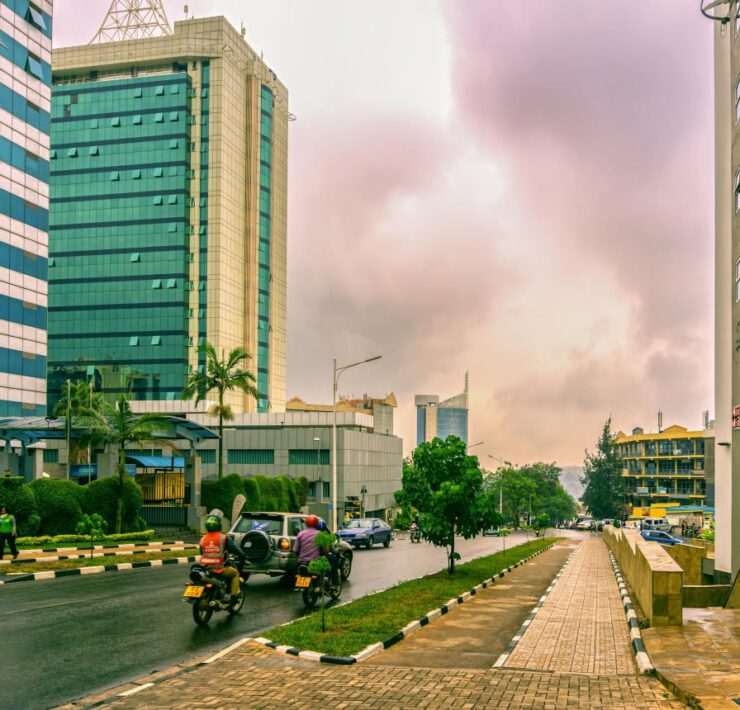
I have just finished watching German ZDF Info TV which replayed the incredible destruction and the dynamic of human minds that enabled such massive destruction but simultaneously laid down a philosophy and plan for fundamental change.
As Professor of Aeronautic Medicine and Global Health, my travels around major portion of the globe for education, teaching, pleasure and exchange of ideas enabled me observe certain things that stand out clearly in my mind concerning Development in Africa.
This is an absence of a “Mindset ” for progressive change, not just Change but Change that goes beyond the horizon of acquiring individual wealth to one of acquiring that missing Mindset of universal equity .
This enabled the reconstruction of defeated Germany at the second world war and the phenominal growth of GDP in Malaysia, Vietnam, lndia Singapore , etc , compared to that in most African nations.
China’s ability to move more than 500 million citizens out of poverty hinges also on a Mindset of universal equity
to enable millions of citizens access the rudiments of better life.
To me, it is the absence of such Mindset plus the unyielding presence of non-elastic apron string still strongly tied to the emotions, sentiments and sensations of tradition and culture.
This to my mind is one of the objective rationale which throws more light on the observation that, not only Nigeria and other African nations were colonised !
This point often raised by many Africans as justification of its backwardness even in a Digital age is no longer tenable .
I believe that this diagnosis can be the basis for positive, sustainable, impactful, therapeutic outcome that can usher in that Development urgently needed in Africa.
Professor Edwin Osawe Scott Asemota, connecting from Germany
10 May, 2020
I like the ‘mindset’ perspective. The fiercest battle for the liberation of the African will take place in the mind. Call it the MIND WAR. Here, the Africans are at a disadvantage because their mind had been embittered by 400 years of brutal slavery and subjugation. But the new generation of Africans is determined not to be held down by the past. We study and remember the past to enable us to chart a positive and progressive way into the future. This will be possible when the new crop of brilliant and progressive Africans come together to create an institution (s) powerful enough to effect a change in the status quo. We do not need new revolutionary theories. Rather, we need to revolutionize existing theories.Thank you
Great submission .This is good.
The intriguing question of mind over matter or otherwise has been an invigorating question for philosophical, metaphysical and scientific debate. I am in cahoots with you that we need to revolutionize existing theories but even that revolution must start from and target the mind.